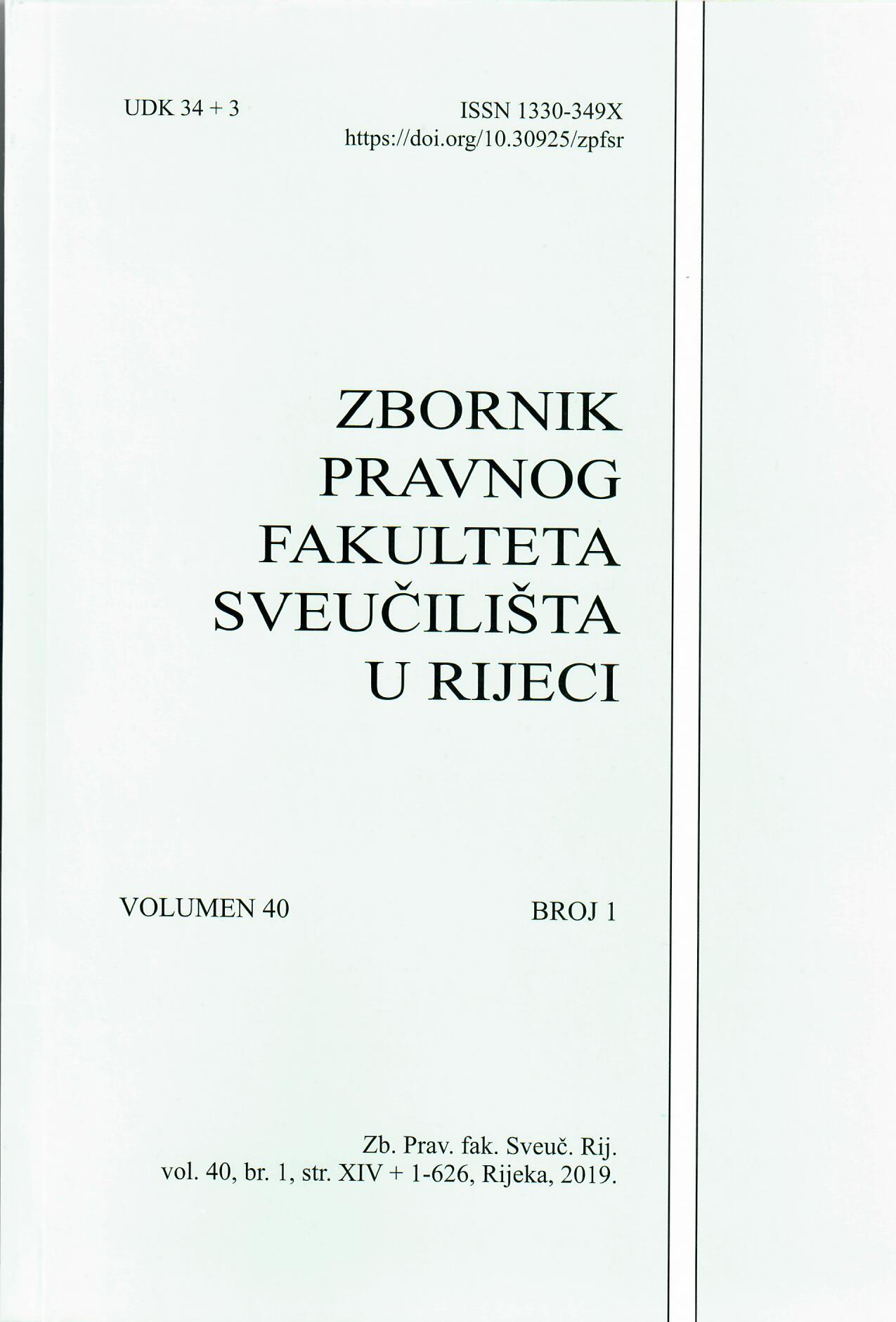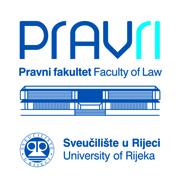CHALLENGES OF PROVIDING SERVICES ON THE EU DIGITAL MARKET
INFORMATION SOCIETY SERVICES AND “UNDERLYING” SERVICES
DOI:
https://doi.org/10.30925/zpfsr.40.1.2Keywords:
online platforms; free provision of services; digital single market; information society services; “underlying” serviceAbstract
Online platform services in the sharing economy represent an important
segment of the digital market. New, emerging business models challenge the existing regulations which are primarily designed for ‘traditional’ or ‘analogue’ provision of services. This tension results in numerous practical issues in different legal areas, from labour law to competition. The business model of the sharing economy online platforms is based on a triangular relationship between the platform, the service provider and the service recipient. Online platforms provide specific forms of digital services which basically correspond to the definition of ‘information society service’ in accordance with the relevant secondary law instruments at EU level. However, the Court of Justice of the EU subjects these services to the legal regime applicable to the
‘underlying’ (material) service provided by the service provider to service recipient, if it is established that the platform has a ‘decisive infl uence’ over the underlying service provider and if there would be not digital service without the ‘underlying’ service. This paper aims to critically evaluate the existing regulatory framework and recent case law of the Court of Justice of the EU and propose potential alternative
solutions which might not hinder innovation and development of digital technology and services.
Additional Files
Published
How to Cite
Issue
Section
License
Collected Papers is an open access journal. Journal does not charge article processing charges (APC) to authors. It is licensed under CC BY-NC licence 4.0.
Collected Papers of the Law Faculty of the University of Rijeka" is an Open Access journal. Users are allowed to read, download, copy, redistribute, print, search and link to material, and alter, transform, or build upon the material, or use them for any other lawful purpose as long as they attribute the source in an appropriate manner according to the CC BY licence.
The papers published in "Collected Papers of the Law Faculty of the University of Rijeka" can be deposited and self-archived in the institutional and thematic repositories providing the link to the journal's web pages and HRČAK.
Upon acceptance of the manuscript for publication by this journal, the author can publish same manuscript in other journals only with the permission of the Editorial Board (secondary publication). A repeated publication should contain a notice as to where the manuscript was originally published.



